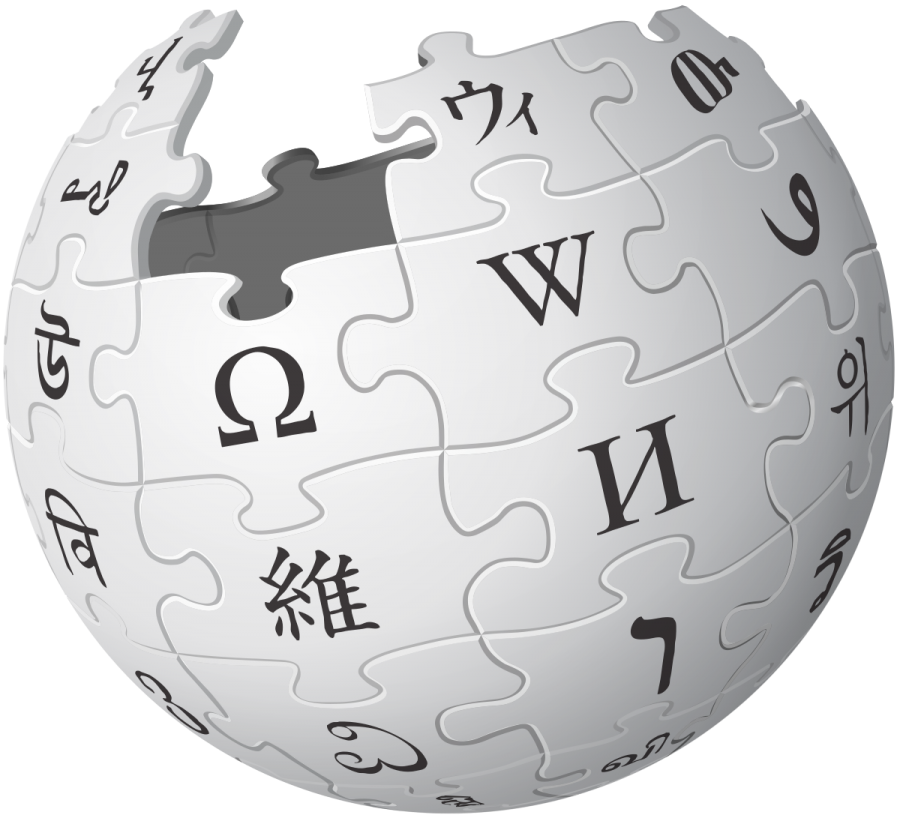<p style="text-align: justify;">Wikipedia page is one of the best ways to be present in the 1<sup>st</sup> search results on Google. Most of the internet users are used to consulting Wikipedia page creation services and referring to this site. However, Wikipedia is an encyclopedia and not a commercial showcase. Be sure to respect the strict eligibility rules of Wikipedia. If a person doesn’t respect and adhere all the guidelines and rules of Wikipedia, most likely his page will be deleted.</p>
<p style="text-align: justify;">Here are a few steps to create your own Wikipedia page:</p>
<h1 style="text-align: justify;">Create your account</h1>
<p style="text-align: justify;">Start creating your account first by clicking on “Create an account” at the top right of the home page of Wikipedia. Enter you username and password. Your account is created! You can now connect to Wikipedia whenever you want by clicking on “connect”.</p>
<p style="text-align: justify;">You then have a follow-list list, a user page and a discussion page of your own. You also have your own draft page. Four days after creating the account, the registered user can rename the pages. Import files and modify semi-protected pages.</p>
<h1 style="text-align: justify;">Ensure the choice of subject</h1>
<p style="text-align: justify;">Before you start writing your own article, make sure the content is not already included or processed on an existing page. To do this, do a search on the subject of your article (or a similar title) in the Wikipedia search bar.</p>
<p style="text-align: justify;">If there is no page yet that deals with this specific subject, you can create a new page. Otherwise, you can contribute and complete an existing article. It is also often better to start contributing to existing pages before embarking on the creation of an article.</p>
<h1 style="text-align: justify;">Ensure how to deal with the subject</h1>
<p style="text-align: justify;">You must be careful not to be self-promoting. Indeed, Wikipedia indicates that it is strongly discouraged to intervene on articles concerning the subjects in which you are personally involved. Whether it is for you, for your achievements, business, publications, your websites, for your loved ones, or any other subject that may give rise to a conflict of interest.</p>
<p style="text-align: justify;">So be careful to do it in a subtle and more factual than a promotional way. Thus, an article on a company or a business will be considered eligible if it meets at least one of the following conditions:</p>
<ul style="text-align: justify;">
<li>Significant, independent and published work has been carried out on it, spaced at least two years apart. The independence of the sources must make it possible to carry out the neutral writing of the article.</li>
<li>Articles whose creation is linked to a form of promotion or whose writing is currently promotional potentially violate the requirement of neutrality and must, therefore, demonstrate their notoriety by the presence of more indisputable secondary sources.</li>
<li>The company or business is present in a notable, limited and independent classification of companies. This second criterion thus reinforces the first and will make it possible to ensure the exhaustiveness of the cover made by Wikipedia.</li>
<li>The company&#8217;s share price is used to calculate a notable stock market index. Once again, this criterion must reinforce the first and will make it possible to ensure the exhaustiveness of the cover made by Wikipedia.</li>
</ul>
<p style="text-align: justify;">Also, respect the copyright of the sources mentioned, include quotes and indicate the text references at the bottom of the page. As you know now that how to create a Wikipedia page, let’s move onto the next step.</p>
<h1 style="text-align: justify;">Create your article</h1>
<p style="text-align: justify;">In order to write the article in the best conditions, prepare all the documentation and sources proving the notability of the subject you have chosen. It will serve you during the writing phase. A Wikipedia article is indeed a synthesis of these sources which present facts and not a free composition.</p>
<p style="text-align: justify;">When creating your article, you must take care of:</p>
<h1 style="text-align: justify;">Content</h1>
<p style="text-align: justify;">The main content of an article consists of a summary description of what the subject is, what it does, its usefulness, its role, where and when it is situated, in what case it is notable, etc. The information is placed in the introductory summary or in the first lines of the appropriate section.</p>
<p style="text-align: justify;">An indication of the factors which influenced the form, the evolution, the role, the history and the perception of the public must be clearly explained. If this is not the case. It is necessary to refer to another article. Avoid subjective sections like “did you know?”</p>
<p style="text-align: justify;">Make sure you are as objective and factual as possible, including the presentation of the weaknesses of your competitors. Never judge or denigrate them.</p>
<h1 style="text-align: justify;">Structure</h1>
<p style="text-align: justify;">A good article begins with an introduction, continues with a clear structure based on well-organized sections and ends with standardized appendix sections such as notes, references, and links to articles furthering the subject.</p>
<h1 style="text-align: justify;">Tone</h1>
<p style="text-align: justify;">The tone must be neutral, impersonal, clear, precise and understandable. The objective of the page remains to inform and not to sell. Learn in detail the rules for writing a good article. You can also train using the sandbox (Draft page). Once your article is written, submit it to Wikipedia for validation.</p>
<p style="text-align: justify;">However, the work does not stop once the page is validated. Make sure to update your article regularly while being as transparent as possible. Monitor it and make sure of its quality and relevance.</p>

Rules to Create A Page and Article On Wikipedia
